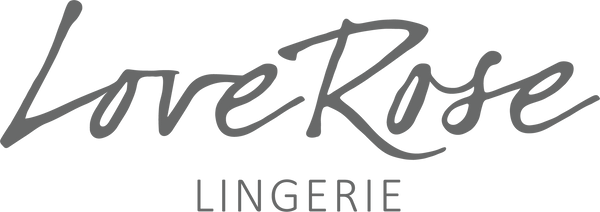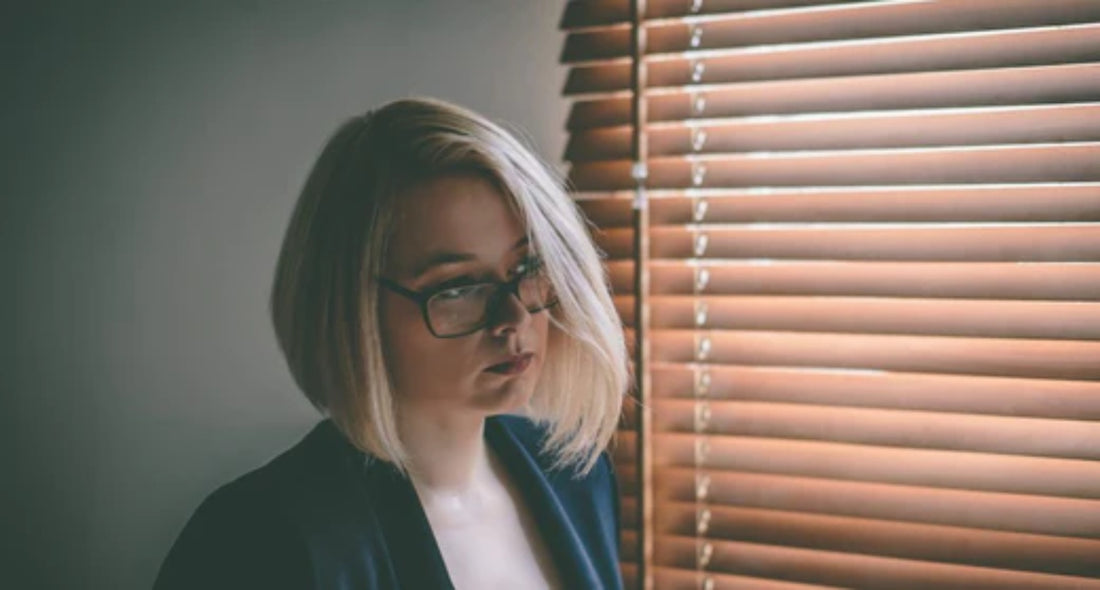Me in a nutshell
I’m Susan and I was diagnosed with the mutated BRCA2 gene aged 35. I had a prophylactic double mastectomy with direct to implant reconstruction aged 39 in December 2017 which makes me a proud breast cancer previvor. I’m a northern lass who flew south for the winter and I have been living in London for over fifteen years (yikes – where did the time go??).
It's now over eighteen months since my mastectomy reconstruction and I have no regrets. I love my noobs (new boobs) and I'm proud of the proactive choices I've made for myself.
I believe that mental health is equally important as physical health and just because I lost my breast tissue it doesn't mean I’ve lost my sense of humour.
BRCA and me
In October 2013 I discovered I had the mutated BRCA2 gene which I inherited from my dad. His mum and aunty had both died from breast cancer and his sister (my still surviving aunty) has had it three times. It was this family history which compelled me to ask for genetic testing at my next pill check-ups two years earlier. I kept being told from practice nurses that “it doesn't come down the paternal side” but I persisted until I finally got a referral to my local genetics department.
Keeping it in the family
The geneticist took my family cancer history (both mum and dad sides) including the type of cancer (lung, breast etc.), how many times they had it and at what age. They confirmed that it was highly likely there was familial breast cancer in my family and they would pursue further investigations through blood tests. As a breast cancer survivor my aunty had the blood first to determine whether she had a faulty gene.
When she got a positive result for BRCA2 mutation, it was my dad's turn to see if carried the same gene. I remember the moment when he called me to tell me he too was a carrier. He kept apologising over and over. And I reassured him that I was fine, that he wasn't to know and I didn't blame him, it simply wasn't his fault. Even though I was months away from receiving my results, I think, even then, I knew deep down that I had the mutation. So when my geneticist gave me my results I managed to keep it together and ask, “OK, what are my options?”
What are BRCA genes and what does it mean to have a mutation?
Everyone has BRCA1 and BRCA2 genes. They work as cancer inhibitors, preventing cancer from developing in your body. When mutated (like mine) they are faulty and don't do their job properly.
The major risk for BRCA1 and BRCA2 mutation carriers is breast cancer. My geneticist estimated my risk to be 70-80% so I was immediately put under monitoring through yearly MRIs on my breasts.
Monitoring or surgery?
Many women opt for close monitoring although others choose to undergo surgery to have a preventative bi-lateral double mastectomy. Having this surgery usually leaves you of a risk of 5% or less. Most choose reconstruction however, some choose to remain flat chested.
At first I was content with MRI monitoring. I wasn't ready to contemplate such life changing, complex surgery plus it was so difficult to research and find photos of mastectomy reconstructions online. However, In 2015, shortly after my second MRI, I thought 'Sod this, I feel like I'm just waiting for breast cancer to happen to me.' so I rang my geneticist and told him I wanted to go ahead with a preventative double mastectomy. I was ready to begin the very long process which can take up to two years to complete on the NHS.
Fail to prepare, prepare to fail
I did A LOT of research in the years before my surgery. I read ALL the blogs and watched ALL the vlogs. Whatever information I could find I absorbed and made notes. This was my way of coping and feeling in control of the situation and my future. I needed to know exactly how my reconstruction would feel like (even down to the lack of sensation) and how my physical recovery could expect to go.
Girls on film
I wanted to capture my old boobs in their original glory before I had my mastectomy so I commissioned a photographer to take boudoir style photos of myself for posterity. I’m so glad I did this. I felt much more prepared for the surgery after the shoot as I had something to remember the “girls” by. It also prevented me from looking back on my old boobs with rose-tinted glasses. Looking at before and after photos, I really think mine look better post surgery.
Ta-ta to the ta ta's
I read somewhere that the reason why people hold ceremonies like birthdays, weddings and funerals is to help us deal with and process major life transitions. With this is mind I held a Ta-Ta to the Ta Ta's Tea Party a couple of weeks before my surgery was due and invited all my friends who had supported me on my journey on making this decision. There were no tears, just drinks, cake and karaoke. I had friends travel hundreds of miles to be there and I remember thinking how lucky I was to have such a supportive group of people by my side. I really believe that if you have the right support in life you can get through pretty much anything.
Headcase
In the UK you have to see a psychologist to be formally assessed before you have a preventative mastectomy. This is to ensure that you understand the risks and the repercussions of this complex surgery. I had to complete a multiple choice questionnaire on my mood and answer questions in a one-on-one setting. In addition to this I saw (and still see) a counsellor/therapist privately which has helped me enormously, particularly in identifying and processing feelings of grief.
The surgery (AKA Double D-Day)
So, after all my preparations and many consultations with my incredible onoplastic surgeons, I finally was emotionally, mentally and physically ready to have my risk reducing breast surgery in December 2017. I'm proud to say that I woke that morning of the surgery SO ready for it. They marked me up where my incisions would be, I took my final photo and I said “OK, lets do this”.
I had nipple sparing, direct to implant, immediate reconstruction surgery which was under the muscle with stattice. Stattice is made from pig dermis and is also known as acellular dermal matrix or ADM for short. This acts as a sort of hammock for the implant to give more support. They also gave me a lift during the same surgery to help preserve the nipples (it worked) and to give a better aesthetic result (that worked too!). I was in the operating theatre just under five hours and I had no complications.
Recovery
I don't want to dwell on the recovery other than I really underestimated the pain. As I had already experienced four knee dislocations and two knee surgeries, I was no stranger to pain and thought to myself, “How bad could it be?”. I was mistaken. When I came around from the general anaesthetic, I felt utterly brutalised. I was on codeine, ibuprofen and paracetamol around the clock for nearly four weeks. I remember waking at 5am in pain, taking more painkillers and going back to sleep for another five hours. It was hard getting comfortable at first but it was definitely manageable once I got the hang of scheduling my painkillers – binge watching Grey's Anatomy from the beginning helped too.
Bra shopping
Going shopping for my first ‘normal’ bra with my new implants was a Big Deal. My medical, purely functional post surgery bras, which I had worn day and night for six weeks, had served their purpose and I was ready to buy some bras which were more ‘me’. I no longer was content to be a patient and I was excited to begin living my new normal and going shopping for lovely new bras was something I had been looking forward to.
With the initial swelling now subsided, it was hard to gauge what my new size was and I wasn’t sure how to begin to explain my ignorance of my bra size to the sales assistant who had just approached me. As luck would have it that sales assistant had had breast surgery herself. I can’t tell you the feelings I had when she told me . Relief was one. A feeling of being understood was another. I admit to welling up - having cancer or being BRCA positive is like being part of a club and it was amazing to talk to someone who was in that club and just ‘got it’. I realised then how isolated I had felt since I had gotten my BRCA diagnoses.

